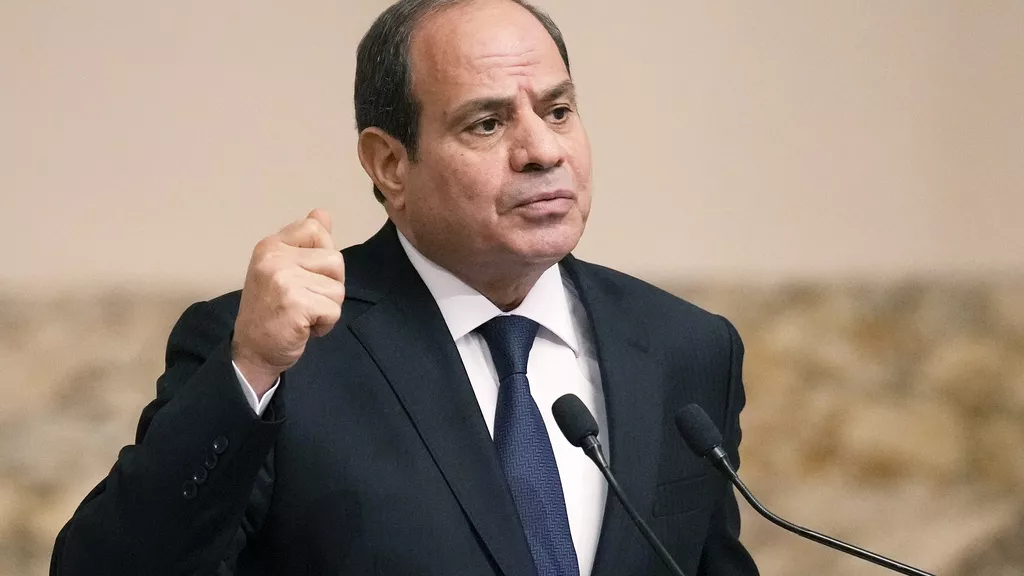Africa
Egypt to Deploy Troops in Somalia to Combat al-Shabaab Militants

Egypt has announced plans to deploy military forces to Somalia to assist in the fight against al-Shabaab militants, bolstering efforts to restore security and stability in the region.
Somalia announced that Egypt has proposed sending peacekeeping troops to the Horn of Africa nation as part of a new security partnership. This collaboration is emerging just as the mandate for an established African Union peacekeeping force concludes.
On Thursday, Egyptian President Abdel Fattah el-Sisi attended a summit in Asmara, the capital of Eritrea. During the meeting, he promised robust regional security cooperation with leaders from Somalia and Eritrea.
In a statement following the summit, Somali officials expressed their approval of Egypt’s proposal to send troops to Somalia as part of a stabilization force once the current African Union force concludes its mission in December.
The statement announced that the leaders were pleased with the African Union Peace and Security Council’s decision to initiate the African Union Stabilization Support Mission in Somalia (AUSSOM), which allows for deployment by Egyptians or other parties.
A separate statement, signed by representatives of Somalia, Egypt, and Eritrea following the summit, affirmed that Somalia has the sovereign right to decide on the composition, tasks, and deployment schedule of AUSSOM troops.
READ ALSO: Somalia’s PM Tells Ethiopia: We Have the Right to Defend Our Territorial Integrity
Since 2007, the Somali federal government has received support from an African Union peacekeeping mission in its battle against al-Shabab, a group of Islamic extremists connected to al-Qaeda and known for carrying out deadly attacks within Somalia.
The Asmara summit comes on the heels of a period marked by tensions in the region, stemming from disputes between Ethiopia and neighboring countries.
The initial disagreement involves Ethiopia and Egypt, centering around Ethiopia’s development of a $4 billion dam on the Blue Nile, an essential tributary of the Nile River. Egypt is apprehensive that this dam could severely affect water supplies and irrigation downstream unless their needs are addressed by Ethiopia. Meanwhile, Ethiopia intends to utilize the dam for generating much-needed electricity.
The second dispute, involving Ethiopia and Somalia, relates to the secessionist region of Somaliland.
Somalia has attempted to prevent Ethiopia, a landlocked country, from securing access to the Red Sea via a controversial agreement with Somaliland. This deal would involve leasing part of Somaliland’s coastline for an Ethiopian naval base. In exchange, Ethiopia would offer recognition of Somaliland as an independent nation, according to officials from Somaliland.
More than 30 years ago, Somaliland declared independence from Somalia; however, it remains unrecognized as a separate nation by both the African Union and the United Nations. Meanwhile, Somalia continues to regard Somaliland as part of its own territory.
